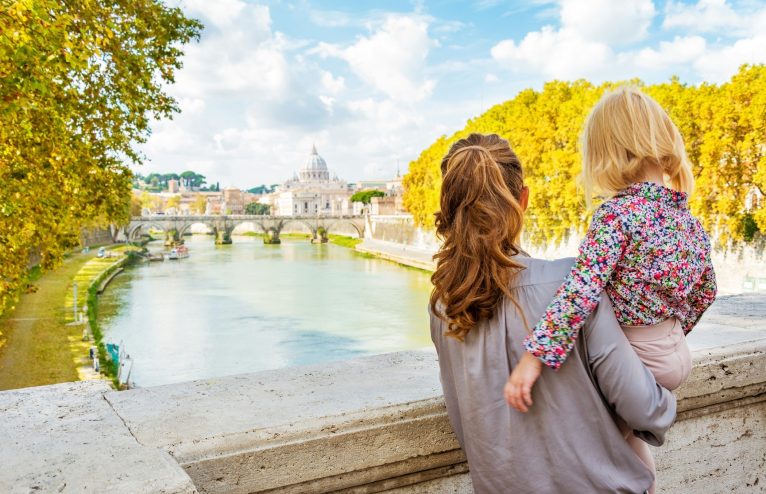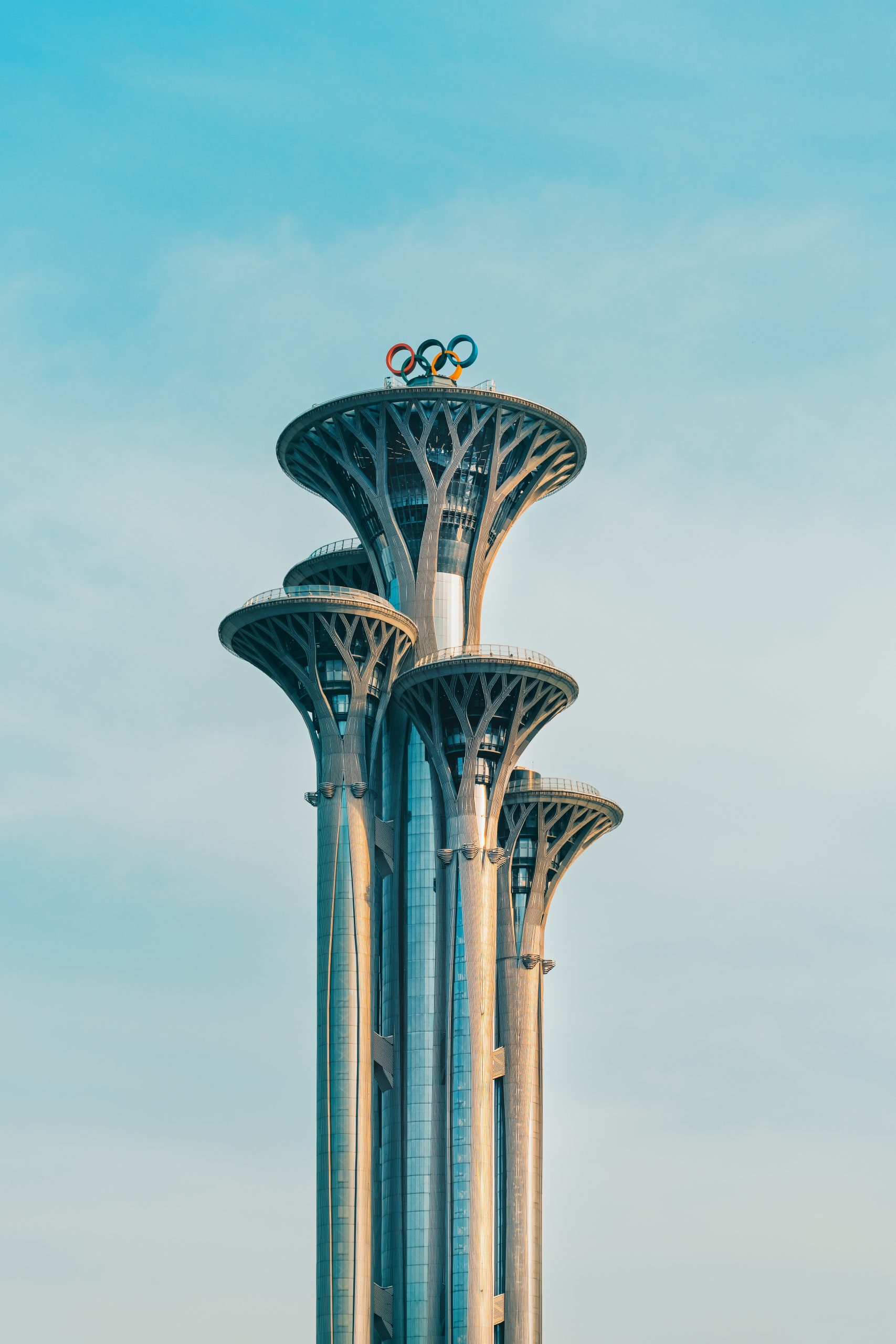What does it mean to be a conscious citizen? In her monthly column, senior strategic leader in sustainable and international development, Natasha Hafez explores and expounds on precisely that. Join in her journey towards humanity with purpose.
With the thrill of victory and the agony of defeat, the Olympic flame has been extinguished in Beijing. The 2022 Olympic and Paralympic Games came to a close this week, marking the end of the most locked-down Games of all time, and perhaps leaving international television spectators and athletes with disparate emotions.
I find myself reflecting on what these Games presented, and represented. Dating back to 776 BC, the Olympics symbolise an important role in bringing together athletes from around the world to display and celebrate human athleticism. People with different beliefs and backgrounds – even among war zones and conflict – unite and cooperate as global citizens in solidarity.
Olympic sports are much more than just a game. Paul Christesen, PhD, Professor of Ancient Greek History at Dartmouth College, summarises exactly how important the Olympics were for the Greeks: “The classic example is that when the Persians invaded Greece in the summer of 480 BC, a lot of the Greek city states agreed that they would put together an allied army but they had a very hard time getting one together because so many people wanted to go to the Olympics. So, they delayed putting the army together to defend the country against the Persians.” The Olympic ideal was designed to build a culture of peace and camaraderie between nations – even if only for a little while.
As the Olympics evolve to meet a greater demand, so does opposition and stiff competition – and not just with the athletic prowess needed to secure the gold.
Despite a backdrop of global tensions, the Games took place in Beijing this month. Nowadays, earning a winning bid as the Olympic host city is either a great honour or a major risk. From sustainable infrastructure, to cost overruns, to diplomatic boycotts, to overtourism, housing the Olympic Games presents a whole myriad of economic, financial, and reputational opportunities or threats, both for its local community as well as the nation as a whole. As is so often the case, political beliefs and sports collide, where global athletes and nations find themselves at another intersection.
From triumph to disappointment, the Olympics can also carry the torch on duality in many different ways.
The Olympics increase valuable tourism, which can boost local economies. The 2016 Rio de Janeiro Summer Games had a global audience of five billion, setting tourism records at an all-time high bringing in more than six-billion dollars from mostly new foreign visitors. In contrast, the Olympics can be a financial drain on host cities. No Games have come in under budget since 1960. The 2020 Tokyo Summer Games came in 200% over budget and approximately $800 million in ticket sales was lost due to the decision to hold last summer’s Olympics without spectators.
Although bidding for the Olympic Games serves as a credible signal that increases a host country’s global trade and stature, the expensive infrastructure needed to host thousands of spectators may sit empty and fall into disuse; the result: hundreds of millions of dollars in upkeep spent on a wasted resource. Some stadium sites have been neglected, failing to attract development or real-estate buyers.
The Olympics bring a sense of national pride, as well as a devastating history of economic and environmental burden. The long-term impact is debatable. The International Olympic Committee – an organisation and owner of the Olympic Games – is working to strategically find a new norm, drawing from lessons learned and focusing on sustainable infrastructure, improved resource and financial management, and climate resilience.
Nelson Mandela declared that: “Sport has the power to change the world. It has the power to inspire. It has the power to unite people in a way that little else does. It speaks to youth in a language they understand. Sport can create hope where once there was only despair. It is more powerful than governments in breaking down racial barriers. It laughs in the face of all types of discrimination.”
May the Olympic flame within us never expire.
Yours,
The Conscious Citizen























Any Questions or Tips to add?